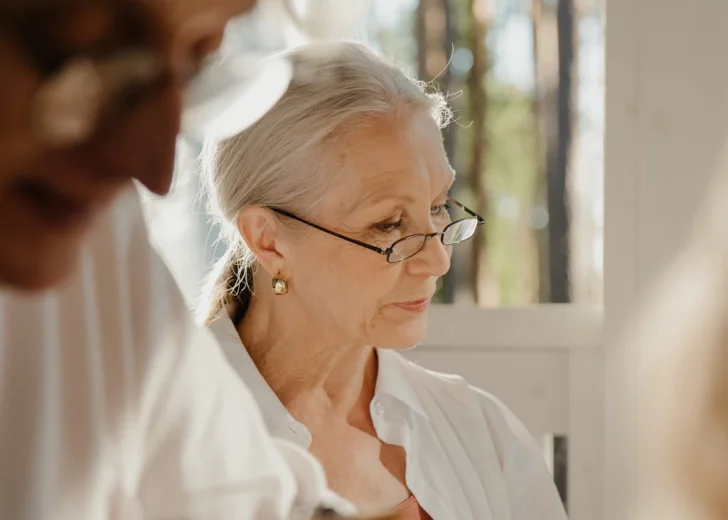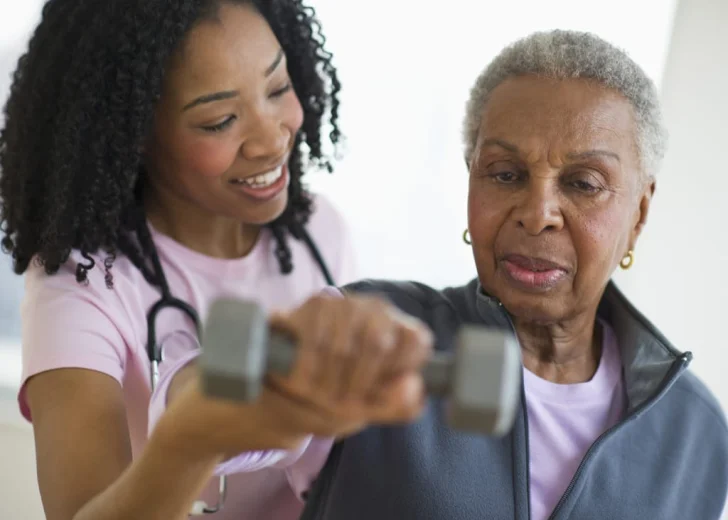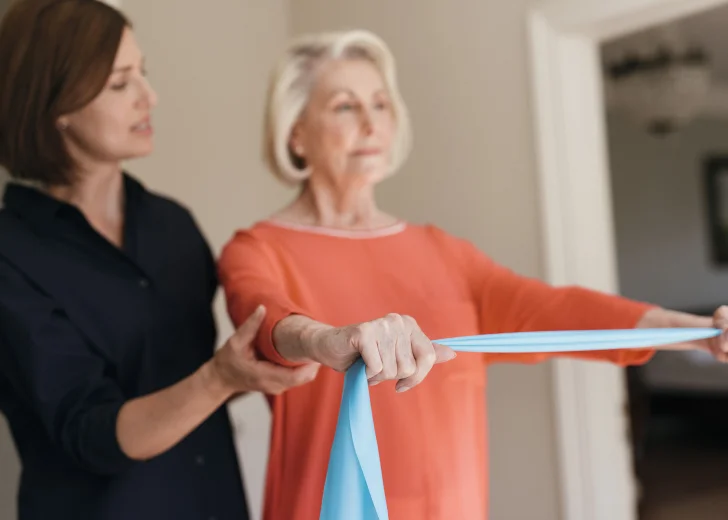End-of-life care is care that seeks to help people live their remaining days in comfort and dignity. It focuses on providing physical, emotional, spiritual, and social support for those nearing the end of their lives.
The importance of end-of-life care
The importance of end-of-life care cannot be understated. It provides physical comfort and emotional support and helps ensure that individuals have control over how they will spend their final days. It also allows them to say goodbye to loved ones meaningfully.
For families going through this difficult time, end-of-life care helps provide closure by allowing them to create lasting memories together.
By delivering essential physical, emotional, spiritual, and social support throughout this process, end-of-life caregivers play an invaluable role in helping individuals and families cope with the loss at hand in a dignified way.
What are the five priorities of end-of-life care?
Understand the individual’s wishes – it is important to discuss the person’s specific preferences for end-of-life care.
Create a plan of action – end-of-life care should be tailored to each individual situation.
Provide emotional support – it’s important to create an environment where the individual feels accepted and respected, with caregivers providing person-centred care and comfort.
Physical needs – proper pain management is essential in end-of-life care and may involve medication, positioning, or other methods of alleviating discomfort.
Spiritual needs – accessing spiritual guidance can help individuals feel connected to their faith, community or beliefs during difficult times.
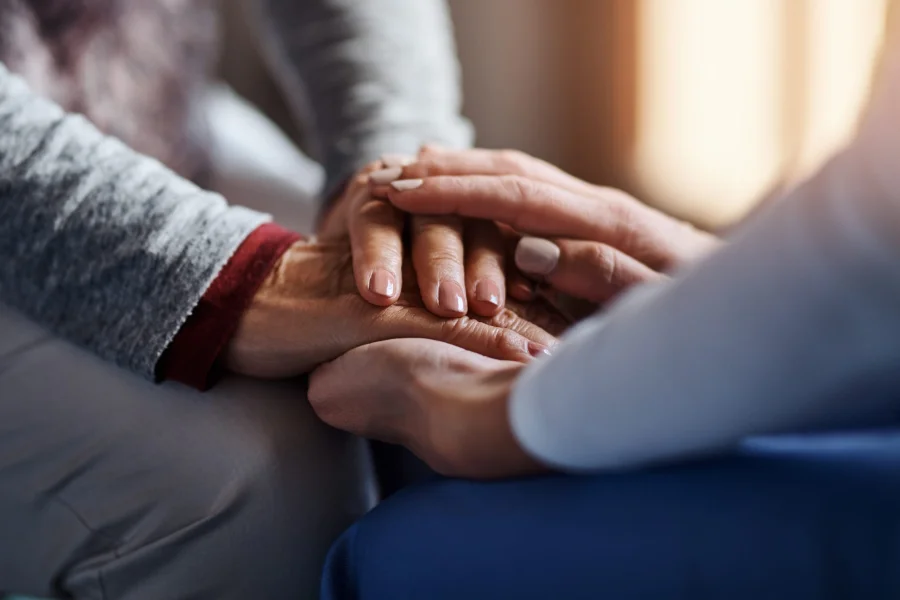
Common signs that end-of-life care may be needed
End-of-life care will vary for each individual and this can make recognising when this time is close very difficult for families and carers. However, there are some common signs that may indicate that end-of-life is approaching. It is important to recognise that these are only indicators and some of these will be seen in people who are not at this stage or absent in those who are.
Physical decline
Typically, a physical decline will be noticeable with significant change in appetite and/or decreased food and fluid intake. A person will display increased weakness, fatigue and decreased mobility. When monitoring an individual you may see changes in breathing patterns, such as irregular, shallow, or laboured breathing and their extremities (hands, feet) may become cool to touch, display mottling (bluish or purplish patches), or cyanosis (bluish discolouration) of the skin.
Cognitive and sensory changes
An individual may experience periods of increased confusion and disorientation. They may slowly withdraw from social interaction and become less responsive to communicating with those around them. They may notice changes in vision and hearing and become more sleepy and lethargic.
Emotional and psychological changes
Often, people will express a sense of completion, letting go, or seeking reconciliation. They may want to see family members or friends to say goodbye. Equally, they may experience restlessness and agitation and withdraw from relationships at this stage.

Caring for someone at the end of life
Talking
Maintaining open and honest communication with the individual and fully involving them in decision-making (where possible) is important. Enabling a safe space for them to express their fears and wishes and giving them an opportunity to say what is on their mind can relieve anxiety and enable a person to rest. Being aware of the individual’s wishes can make their care easier and gives them space where they can share their emotional and spiritual needs. Consider whether they wish to involve a spiritual or religious advisor at any point. Being aware of a person’s beliefs and desires can help in later stages.
Mouthcare
Mouth care is an important aspect of end-of-life care, it maintains dignity and comfort. Good mouthcare will support communication, swallowing and eating and will prevent complications that will impact quality of life at this critical time.
Regularly moisturising the lips with lip balm can help to prevent dryness and discomfort. A person may also enjoy their favourite flavours being placed on their lips. Mouthwash or oral sprays to alleviate dryness and maintain oral hygiene can also be used.
Personal hygiene
Maintain regular bathing or sponge baths to keep the person clean and comfortable. Be gentle when washing and drying the person’s skin to avoid irritation and use moisturisers to prevent dryness and keep the skin hydrated.
Pain and symptom management
It is important to work closely with the healthcare team to understand and manage an indivudual’s pain and other symptoms effectively. Medication should always be given as prescribed and it is important to monitor their effectiveness so adjustments can be made if required.
Self-care for caregivers
Caregivers should take breaks, both physically and emotionally, to recharge and prevent burnout. It is important to seek support from family, friends, or support groups to share your feelings and experiences. Every individual’s end-of-life journey is unique, so it’s crucial to tailor care to their specific needs and preferences. We are here to support with personalised guidance and support throughout the process.


